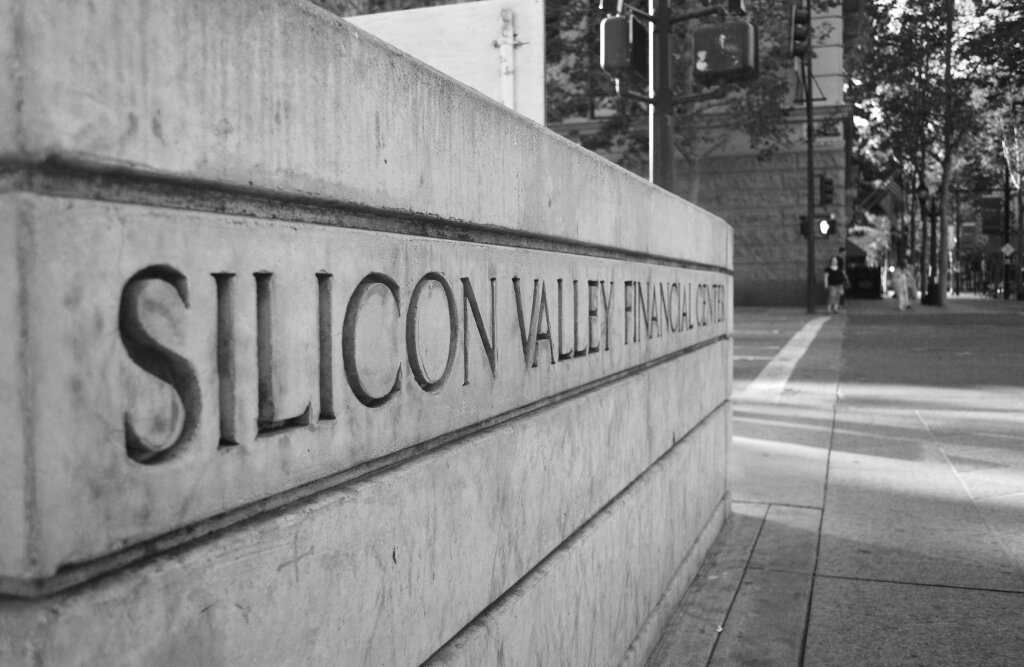The eight companies – digital content platform Limelight Networks, hardware and software retailer Newegg and analytics software firm SAS Institute being the other three – warned the United States federal circuit court of appeals that ordering Samsung to pay back $548 million (£350 million) would be damaging for the industry as a whole.
Its lawyers are reported as saying at the time that although the companies – namely Google – weren’t part of the original trial, they can’t be impartial “friends of the court” due to their respective affiliations with Samsung. Their petition is an amicus curiae (friend of the court) brief, which is only a symbolic statement of support, but can nevertheless influence judges’ rulings.
Apple’s Silicon Valley neighbors are ganging up on it and supporting Samsung in the smartphone giants’ long-running patents battle.
Apple meanwhile is not too pleased with being ganged upon by its Silicon Valley neighbours and has specifically challenged Google’s involvement in its support of Samsung.
It could for instance allow the owner of the design patent to take all profit from an infringing product, even if buyers didn’t care about the infringing element and bought the product for its many other features, they said. At first blush, numerous companies included in the brief – most notably eBay – would seemingly have little interest in a case centered on smartphone design. Previously the courts ordered Samsung to turn over profits from a few products that the court found infringe on Apple patents.
Apple and Samsung have been embroiled in a legal tussle for years now.
Samsung’s lawyers maintained that the damages should be limited to profits from the actual infringing features.
Google, HP, et al., said that if the initial ruling is upheld, such a scenario could allow the owner of the design patent to claim all the profits from an infringing product – whether or not buyers know or care about the level of infringement, however minor. The court later wiped $382 million off what Samsung owed after acknowledging that this and other patents – such as the rounded edges of the iPhone’s design – came under “trade dress”.
Last year, the two companies agreed to end all patent lawsuits outside of the U.S, leaving America the final battleground. Samsung asked the court to review the decision again in June. Apple feels that tech companies have their stake in this case because if the ruling is given in favor of Samsung, the Android operating system will be used by Samsung’s smartphones. The companies argue that if the use of any of these components could be the basis for a lawsuit, then any company could be opened up to patent infringement cases for insignificant features.
